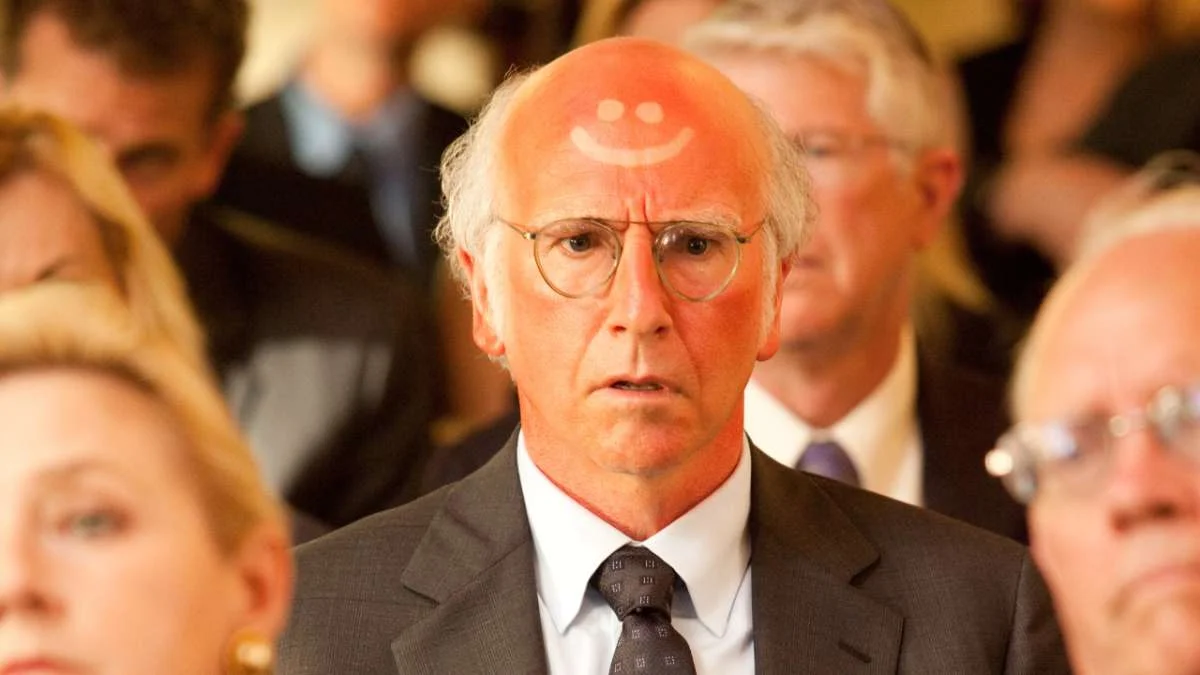The End of the Frontier?
I had a dream in 1993. I wanted to ride on horseback across the country. No kidding. I wanted to start in the east in Virginia, go through the Cumberland Gap, pass through St. Louis, and then travel on to California.
The reason I wanted to take that ride was because of a lecture I’d heard in the mid-80s in Dr. David Smiley’s “History of the American West” class at Wake Forest University. Dr. Smiley was a colorful, eccentric, and energetic professor whose lectures I sincerely enjoyed (that is, whenever I went to class. Sigma Chis from WFU are prohibited from posting comments on FB).
During one of his lectures on the West, Dr. Smiley talked about Frederick Jackson Turner’s “Frontier Thesis” paper he delivered at an 1893 meeting of the American Historical Association. Dr. Smiley told us that Turner had argued in that meeting that the American frontier was now closed, and that the American landscape was no longer one of seemingly endless boundaries. (He said that America would now (in 1893) have to go through a very painful transition to a land and people with limitations as yet unknown to the young nation of the 19th century.
So. . . I thought it would be a really cool thing to ride on horseback in 1993—100 years after Turner’s paper—and commemorate and contend with Turner’s thesis. I still think that ride was a great concept, but it looks like I might have to pass the torch on to someone else for either the 150 or 200 year anniversary of Turner’s paper.
The torch I would pass is this: the frontier idea is as much a state of heart and mind as anything. I’m more in the Charles Kettering camp that, “Where there is an open mind, there will always be a frontier.” The danger of all the creature comforts we have around us these days—like television, the Internet, drive-through windows, and automatic everythings—is that we stop thinking about new frontiers.
We get lazy in our thinking patterns. Then someone upsets our apple cart with a new idea that requires change, and we just want the status quo to be restored.
I think this is what Paul was getting at when he said, “be transformed by the renewing of your mind. . .” I’ve quoted this before somewhere in my blog, and I like Peterson’s translation on this verse: “Don’t become so well-adjusted to your culture that you fit into it without even thinking. Instead, fix your attention on God. You’ll be changed from the inside out.” (Romans 12:2, The Message Translation).
I think human beings are hard-wired for adventure. We’ll find it. Hopefully, it’s a healthy adventure that is part of our growth. Painfully, it sometimes is a destructive journey that requires either retracing our steps or just starting over in a new place. As we get older, it seems that we settle more for comfort than challenge. But the youngest people I know—regardless of age—are the ones who opt for the challenge of new adventures.
I don’t think the frontier is closed.
I do think that sometimes we get closed to the idea of the frontier.



